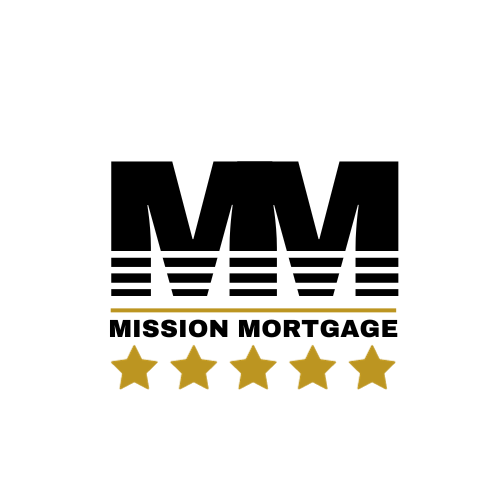Mortgage Options for Self-Employed Individuals in 2024
The landscape of homeownership is ever-evolving - especially for self-employed individuals. Securing a mortgage in 2024 presents unique challenges for self-employed borrowers, especially when it comes to providing a stable income to lenders. The good news is that several mortgage options cater specifically to the self-employed, ensuring that you can still remain competitive if you want to purchase a home.
Why So Many Challenges
The primary challenge for self-employed individuals in securing a mortgage lies in the documentation of income.
Traditional employees can easily prove their income with W-2 forms and pay stubs, but for those who are self-employed, demonstrating financial stability requires more extensive paperwork, including tax returns, profit and loss statements, and sometimes, bank statements.
This is because the performance (and health) of the business weighs so heavily on the individual’s ability to pay back their loan.
For example, here is the difference in paperwork that’s typically necessary to prove your income for a traditional W-2 employee vs. someone self-employed.
W-2 employee:
W-2 Forms: Essentially the key document(s) that showcase your annual income.
Pay Stubs: Recent pay stubs (usually covering the last 30 to 60 days) to prove current income.
Bank Statements: These showcase that deposits are consistently hitting your account.
Employment Verification: Some lenders may require a letter from the employer to verify employment status and income.
Self-employed:
Tax Returns: Complete personal and, if applicable, business tax returns from the last two years. These are critical for lenders to assess income and the sustainability of the business (and your job).
Profit and Loss Statements: A year-to-date profit and loss statement that outlines the business's revenues, costs, and expenses. This gives lenders a quick insight into the health of your business.
Bank Statements: Personal and business bank statements from the past 1-2 years can help demonstrate the business’ ability to generate cash flow.
Schedule C: For sole proprietors, a Schedule C from tax returns showing profit or loss from the business.
Business License or Articles of Incorporation: Just to prove the business is indeed registered in its registered state.
1099 Forms: Common for those who do freelance work or work as independent contractors.
As you can see, the self-employed borrower will likely need to provide much more information!
Mortgage Options for Self-Employed Individuals
While conventional loans are available to self-employed individuals, the qualification criteria might be stricter. Lenders typically require two years of tax returns to verify income stability. A strong credit score and a significant down payment can also enhance approval chances.
Federal Housing Administration (FHA) loans offer more lenient credit requirements and lower down payments, making them an attractive option for self-employed borrowers. Like with conventional loans, you'll need to provide two years of tax returns, and lenders will average your net income over these two years to determine eligibility.
Then there are bank statement loans. These loans are designed specifically for self-employed individuals, allowing borrowers to use bank statements as proof of income instead of tax returns. This is advantageous for those who have significant deductions on their taxes that might underrepresent their actual income. However, these loans usually come with higher interest rates and down payment requirements.
Another type of loan, Non-QM loans provide flexibility in lending standards, not adhering exactly to the federal guidelines that govern other types of loans such as conventional loans. They are suitable for borrowers with non-traditional income streams, including the self-employed. The criteria for approval and the documentation required can vary significantly between lenders.
5 Tips for Securing a Mortgage When Self-Employed
Maintain a High Credit Score: This goes for anyone, but a strong credit score is crucial for securing favorable mortgage terms. Do your best to not be past-due on any debts.
Save Up For a Down Payment: A larger down payment reduces the lender's risk, potentially leading to better loan terms.
Reduce Debt: Lowering your debt-to-income ratio by paying off debts can make you a more attractive candidate to lenders.
Prepare Your Documentation! Having proper documentation from both your business and yourself personally is very important! Have at least two years of tax returns, profit and loss statements, and bank statements readily available. The more organized your financial documentation, the smoother the application process.
Consider a Co-Signer: If your income documentation is not strong enough on its own, a co-signer with a stable income and good credit can bolster your application.
For self-employed individuals in the current high-interest rate environment in 2024, the journey to homeownership might seem daunting, but it's far from impossible. By understanding the unique challenges, preparing thoroughly, and exploring all available mortgage options, you can best put yourself in the driver seat for securing a mortgage.

